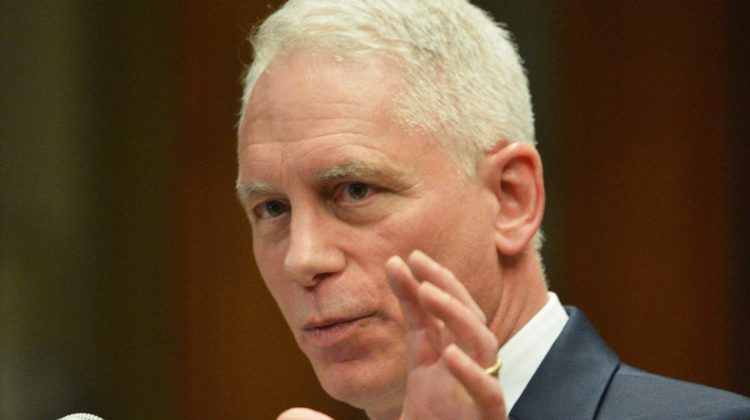MARBLEHEAD — The Marblehead Select Board voted unanimously this week to adopt a cannabis Social Equity Policy, aligning the Town’s practices with new state requirements established by the Massachusetts Cannabis Control Commission.
The policy was presented by Town Administrator Thatcher Kezer, who described it as both a compliance measure and an opportunity to promote fairness in the Town’s cannabis licensing process.
Kezer began by explaining that recent updates to state law require municipalities to have a social equity framework for their cannabis-related Host Community Agreements (HCAs). These agreements, negotiated between towns and marijuana establishments, define the terms under which businesses operate locally.
“This policy is a requirement that we put in place to comply with the Cannabis Control Commission’s equity standards,” Kezer said. “It will have an impact as our Host Community Agreements come up for renewal.”
Under the CCC’s regulations, each municipality must develop and publicize an Equity Plan to encourage participation in the cannabis industry by individuals from communities disproportionately affected by prior enforcement of marijuana laws. Municipalities must also publish clear application criteria and scoring methods for local cannabis approvals, ensuring the process is equitable and transparent.
A key component of the discussion centered on impact fees, which the CCC allows municipalities to impose — up to 3% of a business’s gross revenue — to offset local costs such as traffic, public safety, or other community impacts.
Kezer recommended the Town apply only a 1% impact fee, describing it as a reasonable and largely symbolic measure.
“In my experience, these fees rarely reflect actual costs,” he said. “When I was in Framingham, we collected fees upfront but couldn’t identify any measurable impacts to justify them. Eventually, we returned the money because it was just sitting on our books.”
State law now prohibits towns from collecting arbitrary or excessive impact fees. Municipalities can only claim documented costs associated with cannabis business operations and cannot mandate fixed percentages as part of an HCA. The CCC further restricts towns from collecting impact fees from establishments that have been licensed for more than nine years.
“These rules really make the impact fee a non-issue,” Kezer said. “I think a modest 1% fee is consistent with the spirit of the law and fair to the businesses involved.”
The CCC’s social equity framework aims to ensure that at least half of any new cannabis business licenses issued beyond a town’s existing cap go to Social Equity Businesses or Economic Empowerment Priority Applicants. Municipalities are also required to publish their equity plans and ensure that local processes do not create unreasonable barriers to entry.
After a brief discussion, the Select Board voted unanimously to adopt the Cannabis Social Equity Policy as presented. Board members expressed no objections to Kezer’s recommendations, agreeing that the policy brought Marblehead into compliance while maintaining a balanced approach to regulation and business development.
Marblehead does not have a ban on dispensary stores opening but does have a licensing cap on dispensary applications.
The CCC notes that a municipality may pass a bylaw or ordinance limiting the number of marijuana establishments to 20% or more of the number of liquor licenses issued. Marblehead has 20 liquor licenses, meaning the Town would be allowed to open four dispensaries.
For a cannabis dispensary, zoning in place means that a specific location must comply with local land-use regulations, and a retail license cap limits the total number of dispensary licenses a municipality will grant. These two factors determine where and how many dispensaries can operate in a given area.
A retail license cap is used to manage the growth of the cannabis industry, ensuring that the number of businesses doesn’t saturate the market too quickly.
These two regulations work together to create a structured process. Even if a business can obtain a license, zoning laws may severely restrict the number of available properties where a dispensary can legally operate. The path to opening is complicated by redundant processes that add significant time and expense, which can disproportionately affect smaller applicants.
Salem currently has six dispensaries for its 45,700 population, Swampscott has two dispensaries for its 15,200 population, and Lynn has 12 for its 103,500 population. Each municipality has one dispensary for every 7,500 people, approximately.




